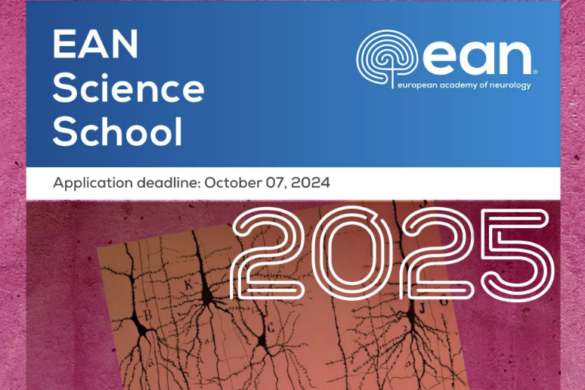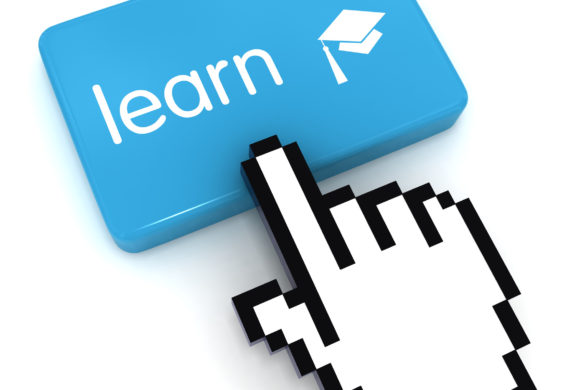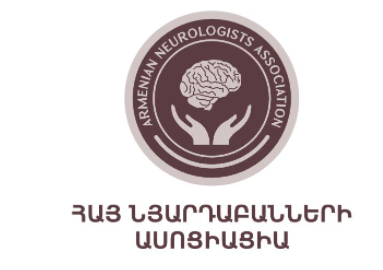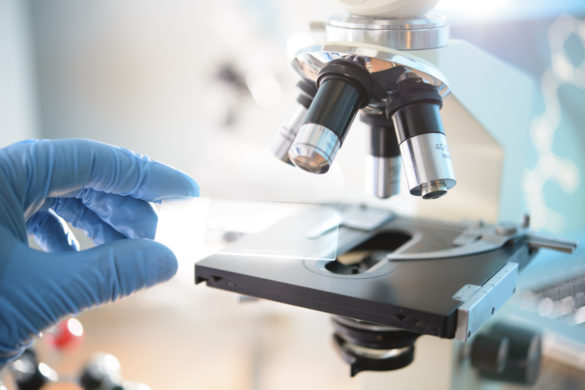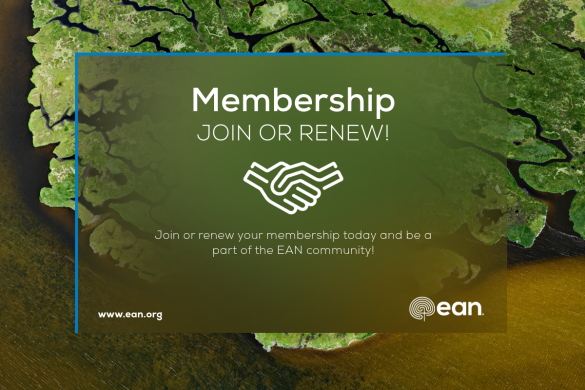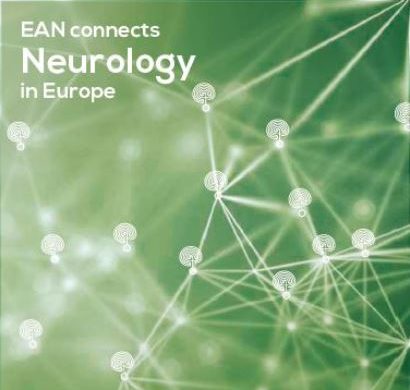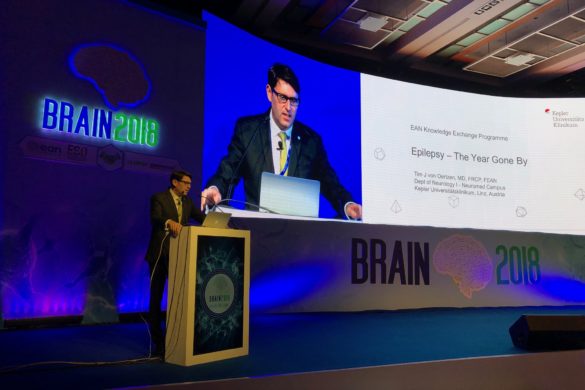by Magda Dohnalová & Irena Rektorová
The Spring school 2021 was planned to take place in person until the last minute, but in March we had to make a decision to transform it into a virtual event again – as the change in the situation was not easy to foresee.
The format of this year’s course has been slightly changed compared to previous courses. The programme was shortened from 3 entire days (morning lectures and afternoon workshops) to 3 half-day courses. This way, the programme of the course was more accessible to doctors who are very busy with the current health situation and in their hospitals.
We invited 114 residents from 29 countries (41m, 73f). In the end 74 participants from 22 countries (21m, 53f) took part in the course. (Armenia – 1, Egypt – 4, France – 2, Georgia – 4, Germany – 3, Greece – 4, Hungary – 1, Italy – 5, Kazakhstan – 1, Latvia – 2, Luxembourg – 1, Malta – 1, Moldova – 3, Morocco – 1, Nigeria – 1, Portugal – 5, Romania – 13, Russia – 9, Serbia – 1, Spain – 1, Turkey – 8, Ukraine – 3). A total of 49 participated in all 3 days; 27 participated in 1 or 2 days.
Prof. Irena Rektorová, TCsC Chair and scientific organiser of the Spring School, started the course and welcomed our speakers and participants every day and then participants had the opportunity to listen to lectures supplemented by cases of several patients. During the individual presentations, the attendees took the opportunity to participate actively in answering polling questions or in the live Q&A chats. We would like to thank all speakers for their lectures, willingness to participate in discussions, preparation of polling and final exam questions, and provision of teaching materials.
On the 1st day the topic of ALS-FTD spectrum was on the programme and our invitation was accepted by professors Irena Rektorová – Brno, Czech Republic; Sharon Abrahams – Edinburgh, Scotland; and Andrea Calvo – Torino, Italy. The 2nd day dealt with Pediatric neurology. The lectures were given by Prof. Francesco Muntoni – London, United Kingdom; Prof. Rima Nabbout – Paris, France; and Dr. Andrea Martinuzzi – Conegliano, Italy. The 3rd day was dedicated to Neurosonology. Our speakers were Prof. Claudio Baracchini – Padua, Italy; Prof. David Školoudík – Ostrava, Czech Republic; and Prof. Fabienne Perren – Lausanne, Switzerland.
Six of our selected participants had the opportunity to present their case reports that were related to one of the course topics on Saturday´s Scientific afternoon. All presenters were awarded with free registration for the next EAN Virtual Congress in 2021. The best two presenters were awarded with free registration for the EAN Congress Vienna 2022 – Nahla Aly Merghany Aly Abdalla, Egypt, and Mariam Kekenadze, Georgia.
The afternoon programme also included a lecture by Dr. Vlad Tiu (RRFS representative) on the topic ‘How to start a successful career as a junior neurologist’.
All participants had the opportunity to test their knowledge in the final exam and 59 participants took this opportunity. The scientific programme was recorded and will be available on the EAN website.
We would like to thank all our faculty for their interesting lectures and our participants for their participation and discussions.
The webcasts of the recorded talks will be uploaded to the EAN website in due course, and EAN will keep you informed on updates.
Comments by participants:
Alina Ivaniuk:
“Actually, this is we who should thank you for the brilliant organization. I recall what I wrote in feedback for the last year’s virtual school, and it was great to see that the feedback was considered. This year’s school was much more interactive and fun! The shortened duration of the program on each day was also a good decision because it is indeed quite hard to stay focused sitting in front of a laptop screen for several hours. The only thing that lacked this time compared to the last year’s school are the masterclasses. Although they were not that interactive as they would be at the face-to-face school, they did have educational value. Active learning, when you actually apply what you have learned, allows things to stick to one’s brain faster than passive learning, when one just listens to the lecture. Let’s hope that both schools will be held live next year, but in case something happens and the school gets online again, it would be great to have some masterclasses.
Thank you again for organizing the school and for all your support! Hope it will be possible to meet face-to-face soon and I will be able to thank you and all the school organizing team in person.”
Anastasia Siminenco-Rotari:
“Thank you a lot! It was a real inspiration and pleasure to be part of the spring school. Also it was my first case presentation and it was very interesting experience for me.”
Maria Evdokia Kalligianni Sofikiti:
“Thank you once again for this valuable opportunity and experience, it was an honour and a pleasure to be part of the Spring School. Thank you for an excellent organisation and high scientific level.”
Sharon Abrahams – member of the jury for the evaluation of case reports and faculty:
“All presentations were of a very good quality. I found it difficult to split them.
Thanks for the opportunity to participate, it was interesting and enjoyable.”
Andrea Calvo – faculty member: “Thanks a lot for the opportunity to be involved in this Spring School: 60 young guys is a very good result in my personal opinion.
Compliments to Irena and Sharon. And to Julia, Magda and the other members of the staff!
Hoping to see you soon, stay safe!”




